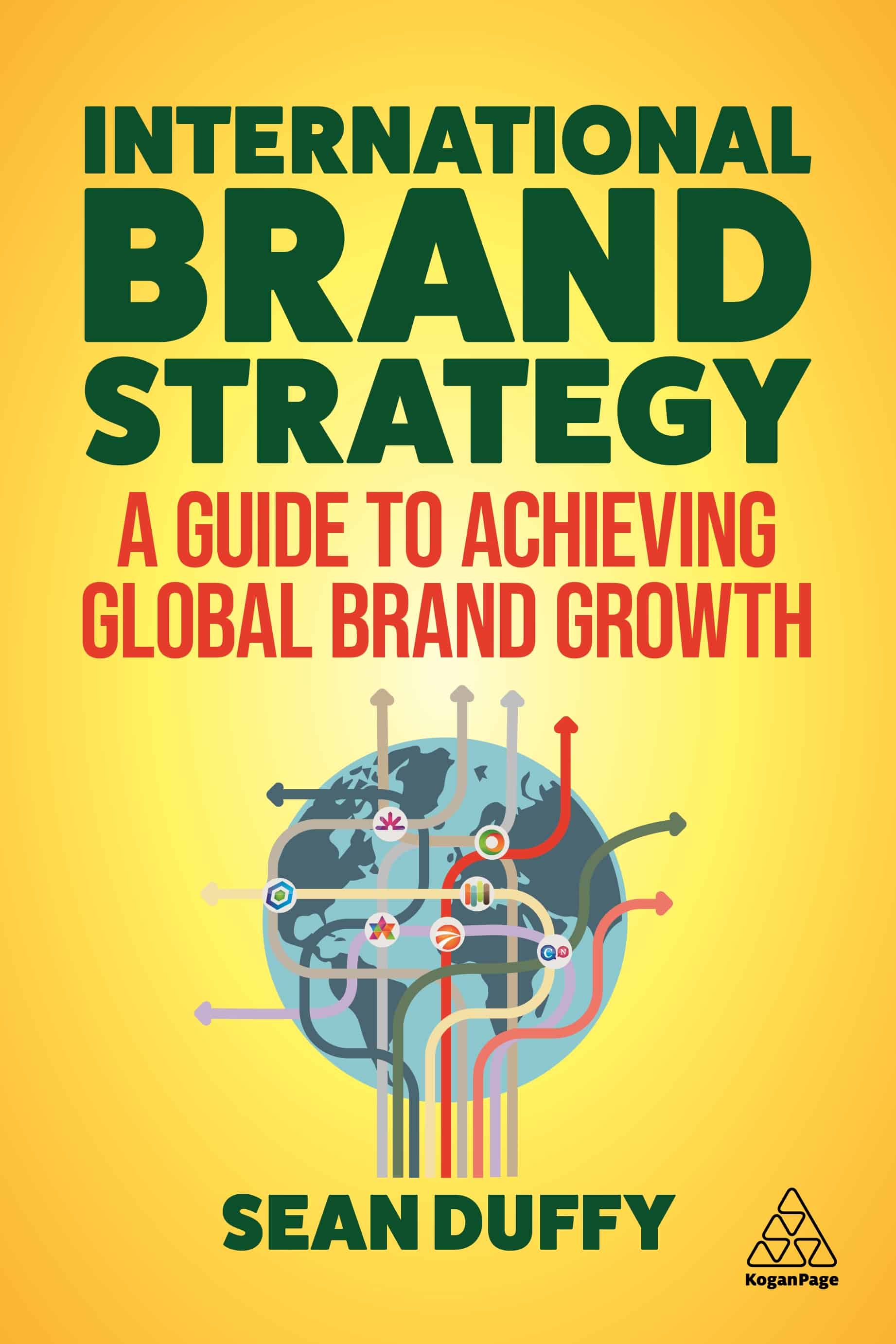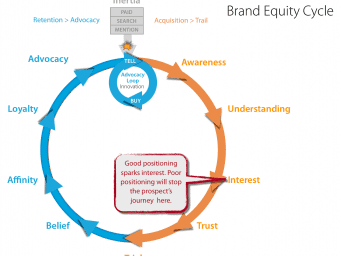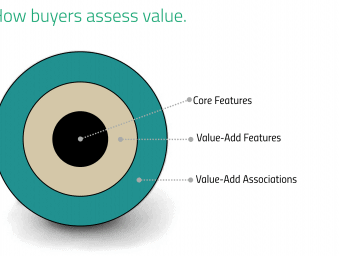Sorry, You Are Not a Marketing Professional (and Neither Am I)
Since I started in marketing, I’ve been amazed at our inability, as marketers, to communicate with one other effectively......
27 Jun 2024 5251 ViewsWhy marketing is not a true profession and how we could change that
When I speak to a group of marketing professionals, I like to start with a simple exercise: I ask for a show of hands for everyone who works with branding. Usually, it is most of the audience. I hand out index cards and ask them on one side to define what a “brand” is and on the other what the activity of “branding” is. Having done this dozens of times, I collect the cards knowing that there will be no correlation among any of their answers. Not among people with the same job titles, not among people in the same company, and rarely among people in the same marketing department. Then I pose the question: If we can’t agree on what a brand or branding is, then what are the chances that we are doing it very well?
Since I started in marketing, I’ve been amazed at our inability, as marketers, to communicate with one other effectively. I’m not talking about language differences between English and Spanish. I’m talking about the fact that, although we all use the same marketing terms, we each have our own unique definitions for those terms — and everyone seems OK with the arrangement.
The confusion is not limited to the term “brand.” When I call an accountant halfway around the world and ask for a profit and loss statement, I’m pretty sure I’m going to recognize what I get back. When I ask the marketing professional down the hall for a positioning statement, brand profile, or value proposition — I have no idea what I’m going to get back.
How did the marketing profession come to this? It’s easy; marketing is not a profession. It never has been. Why? Well, it comes down to words again. “Profession” has a real meaning beyond “any group of people who have similar job titles.” If we look at the characteristics of a profession and look at other professions, it is clear to see that marketing does not make the grade. Those characteristics are:
• Rigorous academic training
• Exclusionary vetting process
• Licensed practitioners
• Common body of knowledge
• Unified vocabulary
• Unified best practices
• Common ethical guidelines
• Reasonably unified job descriptions
• Professional governance
We recognize these characteristics as the hallmarks of fields like medicine, law, accounting, and architecture. But how many can say that we share these characteristics with our marketing colleagues or clients? As an industry, marketing can claim few, if any, of these attributes. Based on that, I’d maintain that we are a skilled trade, perhaps, but not a profession.
Richard Barker from the Harvard Business Review recently tackled this issue in terms of management in general. He says a generally accepted and relatively permanent knowledge asymmetry is the mark of the true profession. That is, people accept that you know more about a certain topic than they do and therefore, trust your advice at face value. He also emphasizes the importance of a common body of knowledge as being at the crux of professionalism.
“If physicians cannot agree on how the human body functions, or lawyers on the nature of a contract, no discrete body of knowledge can be said to exist, ” he said. “The boundaries and consensus for any profession will evolve over time, but at any given moment they can be defined — which is what enables formal training and certification. Certification signals competence to consumers who would benefit from it.”
Not only does Barker make the case that management is not a profession, he goes further to assert that it would be impossible for management to ever become a profession. He may be right, but do you think it is possible for marketing to evolve into a profession?
This is more than a matter of semantics. Unprofessionalism is keeping us, as an industry, from advancing and providing value to our clients that is recognized and rewarded. It fuels misconceptions about what marketing is. It hinders the industry from attracting the best and brightest recruits. It makes it difficult to scale solutions. It has earned us a reputation as an industry that ranks somewhere between oil companies and used car salesmen. We have room for improvement.
I’m not saying we should all run out and get our marketing license (where would we go to get it?). However, I think we all could benefit from simply working at a unified vocabulary and job descriptions for starters. So who do we turn to for guidance and leadership? The mission statement of the the American Marketing Association states we should “foster acceptance of marketing, by the public, educators, and executives, as a distinct professional activity and an evolving profession,” and the 4-A‘s vow to foster “professional development.” But neither organization has made a dent in actually moving the industry any closer to being a profession as defined above. This would leave the captains of our industry, most notably the folks behind OmniCom, WPP, Interpublic, etc. But they themselves are too divided and too distracted by trying to cope with marketing’s global paradigm shift (specifically, trying to navigate their behemoth networks across the dark chasm of investor disfavor in order to reach marketing’s new promised land). So waiting for them to show us the path isn’t a viable option.
Who does that leave? You (and me too). While you and I may not be able to change the whole industry, we are more than capable of changing our little corner of it. We can do this by defining our marketing ecosystem (e.g., your work group, department, or if you are really ambitious, your entire company) and then creating a common set of standards, a body of knowledge, vocabulary, ethics, etc. This is not a new idea. Forward-thinking marketers like P&G, Kellogg’s, Unilever, etc. have been doing this for decades. These companies draw a lot of fire from advertising types because of their formulaic creative executions, but even their critics tend to respect their effectiveness as marketers. My agency has also created these micro-professions for a few of our clients. And it can work. For some ideas on how you might get started, check out this post on creating your own micro-profession rant.
This feudalistic approach to marketing professionalism surely is not ideal. It leaves vast gaps among the different micro-professions. But it is a pragmatic place to start. Chances are, many already are doing this. I’d be curious to hear how it’s going.
This post was originally published on TalentZoo.
Like this post? You'll find more marketing insights in my new book: International Brand Strategy: A guide to achieving global brand growth, now available from booksellers globally. Order your copy here.







One replay